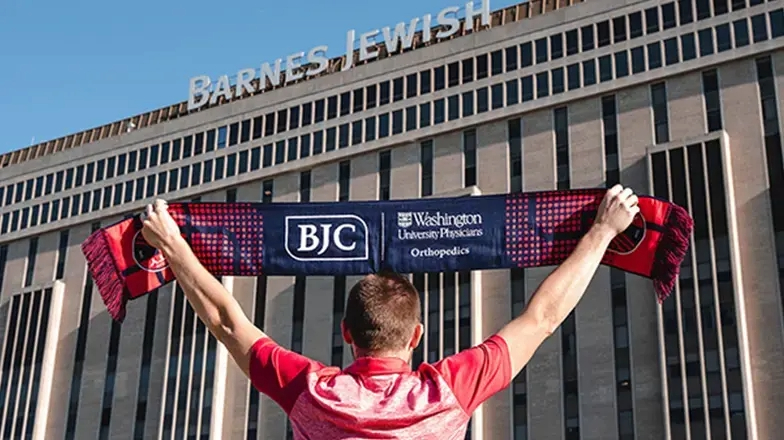BJC News & Resources
Read our latest news, stories from the community, and resources to help you and your family live your healthiest life, at every stage.

Article
Breathe Easier: Tips for Improving Your Lung Health
Patient Story
Beating the Odds: A Pastor’s Journey Through Advanced, Lifesaving Heart Care
Article
Good to Gather? Find Out if You’re Still Contagious
An Empowering Pregnancy Journey
Patient Story
Healing Beyond the Surface
Patient Story